Neurology and Neurosurgery
The aim of the neurology clinic is to offer state-of-the-art diagnostics and treatments in neurology and neurosurgery to dogs and cats referred to the hospital and to progress neurology for companion animals.
Overview
The activities of the service range from routine consultations to emergency referrals, daily neurological work-up, neurosurgery and tertiary referrals for advanced procedures. We diagnose and treat brain, spine, spinal cord and neuromuscular diseases.
The neurology/neurosurgery service involves Dr Nicolas Granger, Dr Hélène Vandenberghe, rotating surgery/neurology interns, neurology nurses and a rehabilitation team.
Brain diseases
- Work-up for brain diseases includes high-field (1.5 Tesla) magnetic resonance imaging, electrodiagnostic testing of the brain, cisternal cerebrospinal fluid sampling and routine clinico-pathology tests.
- Treatment of brain diseases includes medical management, external vagal nerve stimulation for pain and epilepsy and advanced brain surgeries (surgery for brain neoplasms, shunt placement for malformations etc.)
Spinal diseases
- Work-up for spinal diseases includes high-field (1.5 Tesla) magnetic resonance imaging, CT of the spine, electrodiagnostic testing of spinal pathways, lumbar cerebrospinal fluid sampling and routine clinico-pathology tests.
- Treatment of spinal diseases includes medical management, spinal cord decompression, spinal stabilisation with implants (PAX, VetLOX, SOP systems), or advanced surgeries such as placement of neuroprosthesis for chronic incontinence treatment.
- We use 3D printing for guidance in spinal and brain surgery.
Neuro-muscular diseases
- Work-up for neuro-muscular diseases includes electrodiagnostic testing of muscles and peripheral nerves, muscle and nerve biopsies assessed by experts’ neuropathologists, lumbar cerebrospinal fluid sampling and routine clinico-pathology tests.
- Treatment for neuro-muscular diseases includes medical management and largely involves physiotherapy and rehabilitation.
- We work closely with physiotherapists, including colleagues in sports medicine.
A multidisciplinary approach
Neurology requires a team approach because many problems of the nervous system have consequences on other organs; a large number of medical and surgical conditions also commonly lead to neurological dysfunction; therefore, practicing within a team of medicine, oncology, surgery and intensive care specialists is essential.
The neurologist routinely performs neurosurgery in companion animals, but some surgical treatments are better performed with a team approach involving soft tissue and orthopaedic surgeons. Surgeons are trained in spinal surgery as well.
Finally, companion animals affected by neurological diseases very often improve over time but require support from carer, which largely involves the nursing team and physiotherapist.
Pituitary clinic
We offer referral consultations for Cushing and acromegaly treatment via transsphenoidal hypophysectomy. Cushing’s disease in dogs, the most common hormonal disease in ageing dogs, can be cured with surgery. Acromegaly in cats is increasingly recognised as a leading cause of uncontrolled diabetes, which can also be cured surgically.
Sacral nerve implant for treatment of neurogenic incontinence
This involves the placement of a neuroprosthesis on a pair of sacral nerves, to allow remote nerve stimulation and bladder emptying. The system is typically indicated in dogs with T3-L3 severe spinal lesions who have not recovered urinary continence. These are often paraplegic cases with no pain sensation; it can be done from a few weeks to several months after the onset of signs, some cases having been treated more than a year into their incontinence.
Cell transplant
(olfactory ensheathing cells) for chronic severe spinal cord injury (thoraco-lumbar)
We offer a cell transplant therapy for dogs with severe spinal cord injury (slipped disc) of the thoraco-lumbar spine. This is done by taking a biopsy of the nasal mucosa (through natural route), placing the biopsy in culture in the laboratory to grow the cells and then inject the cells into the spinal cord via needles placed through the skin. This results from extensive research we have undertaken and contributed too in the field of cell therapies for spinal cord injury. For more details, please contact: Dr Nicolas Granger – [email protected].
Spinal fixation
with 3D printed guides for spinal anomalies
At Bristol Vet Specialists, we have experience in correcting spinal deformities in dogs and use the latest advances in neurosurgery.
The Team
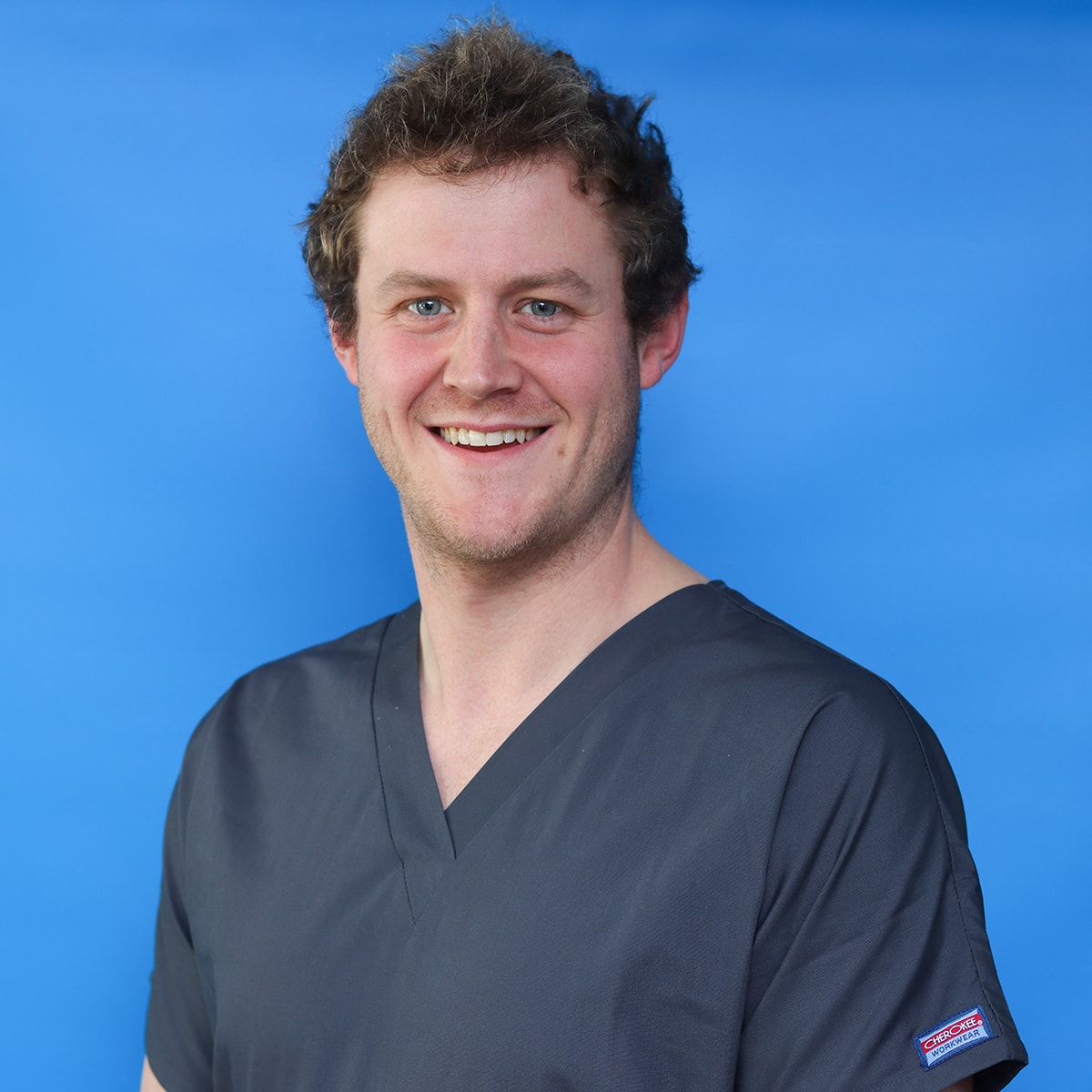
George Nye
Consultant in Neurology
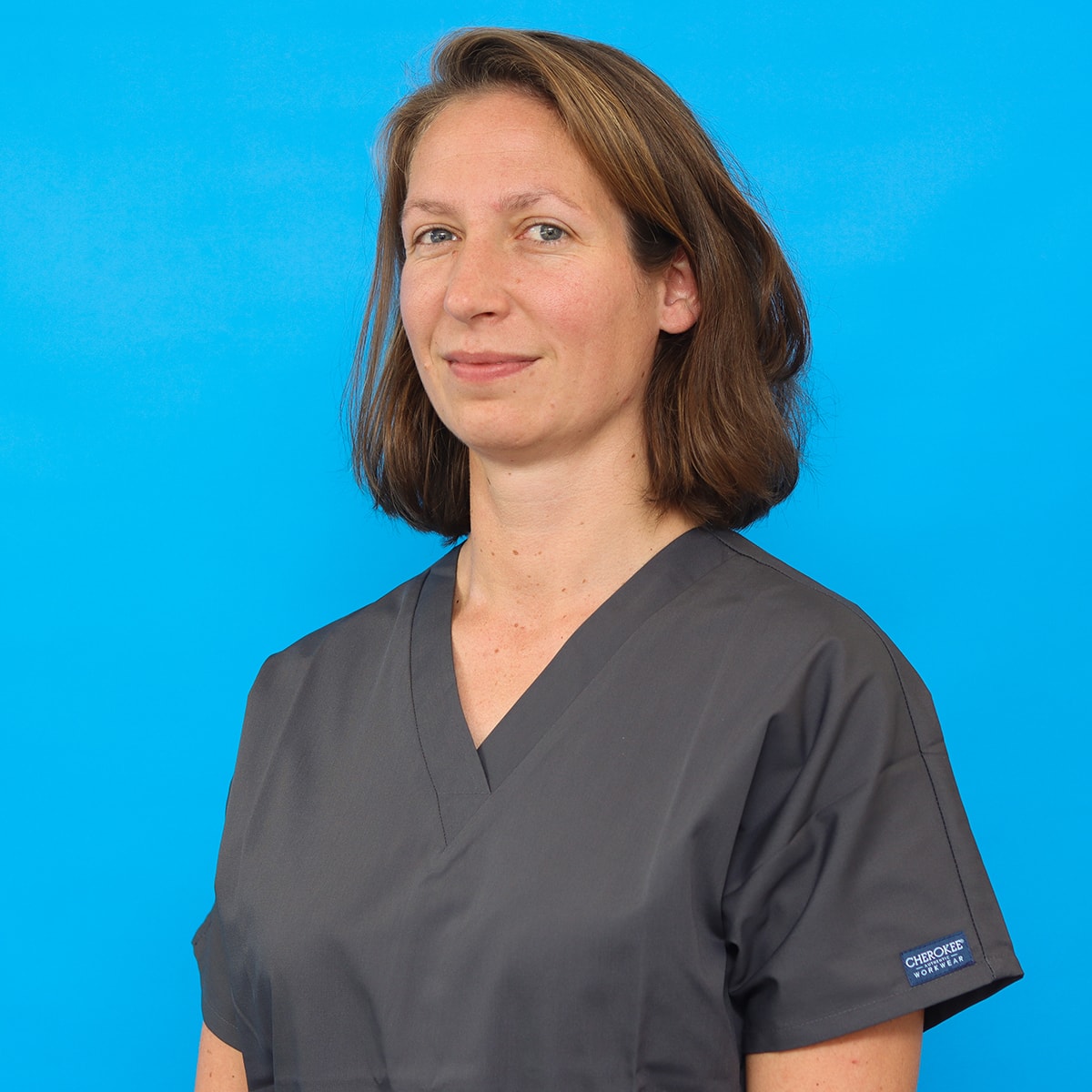
Helene Vandenberghe
Consultant in Neurology
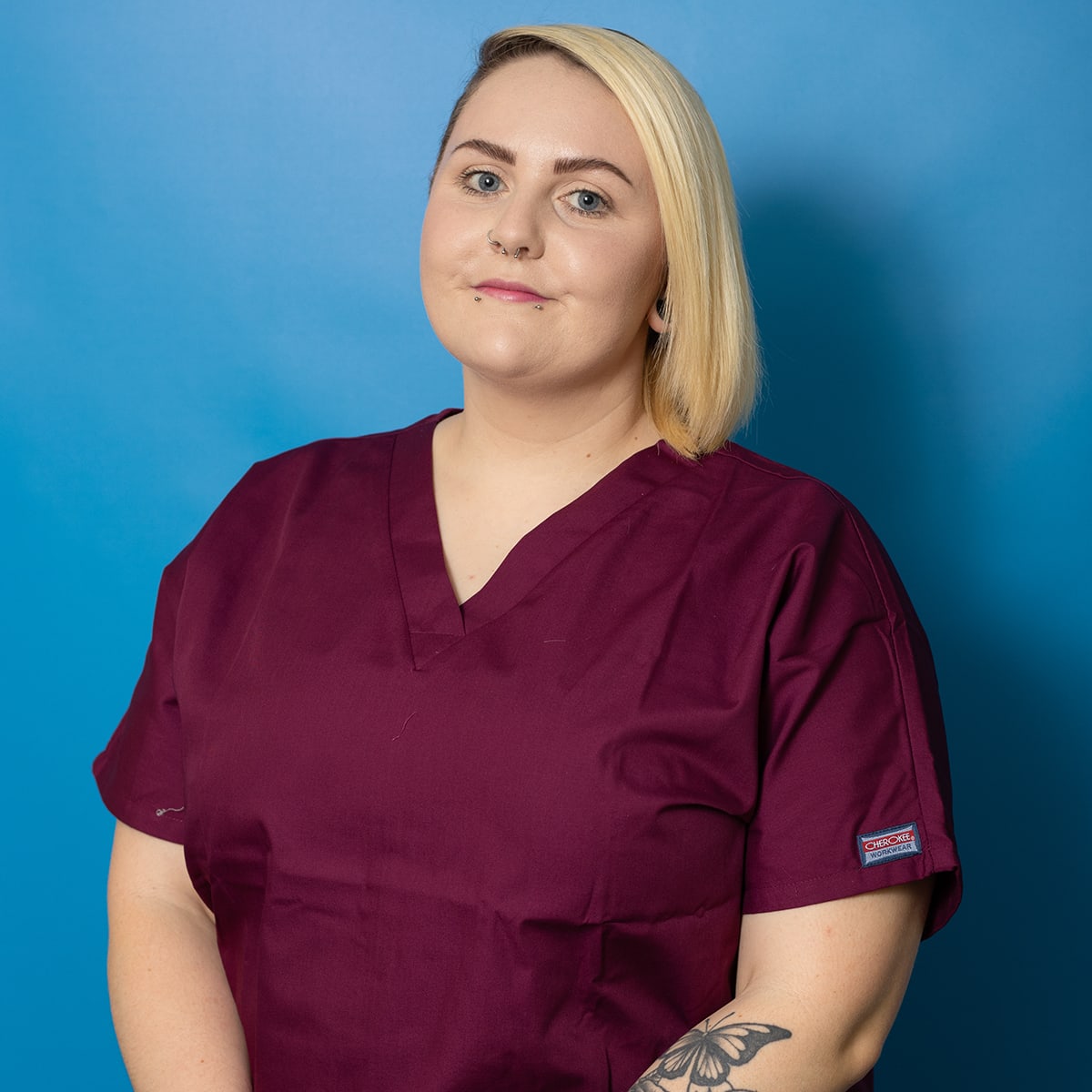
Harriet Murphy
Orthopaedics and Neurology PCA
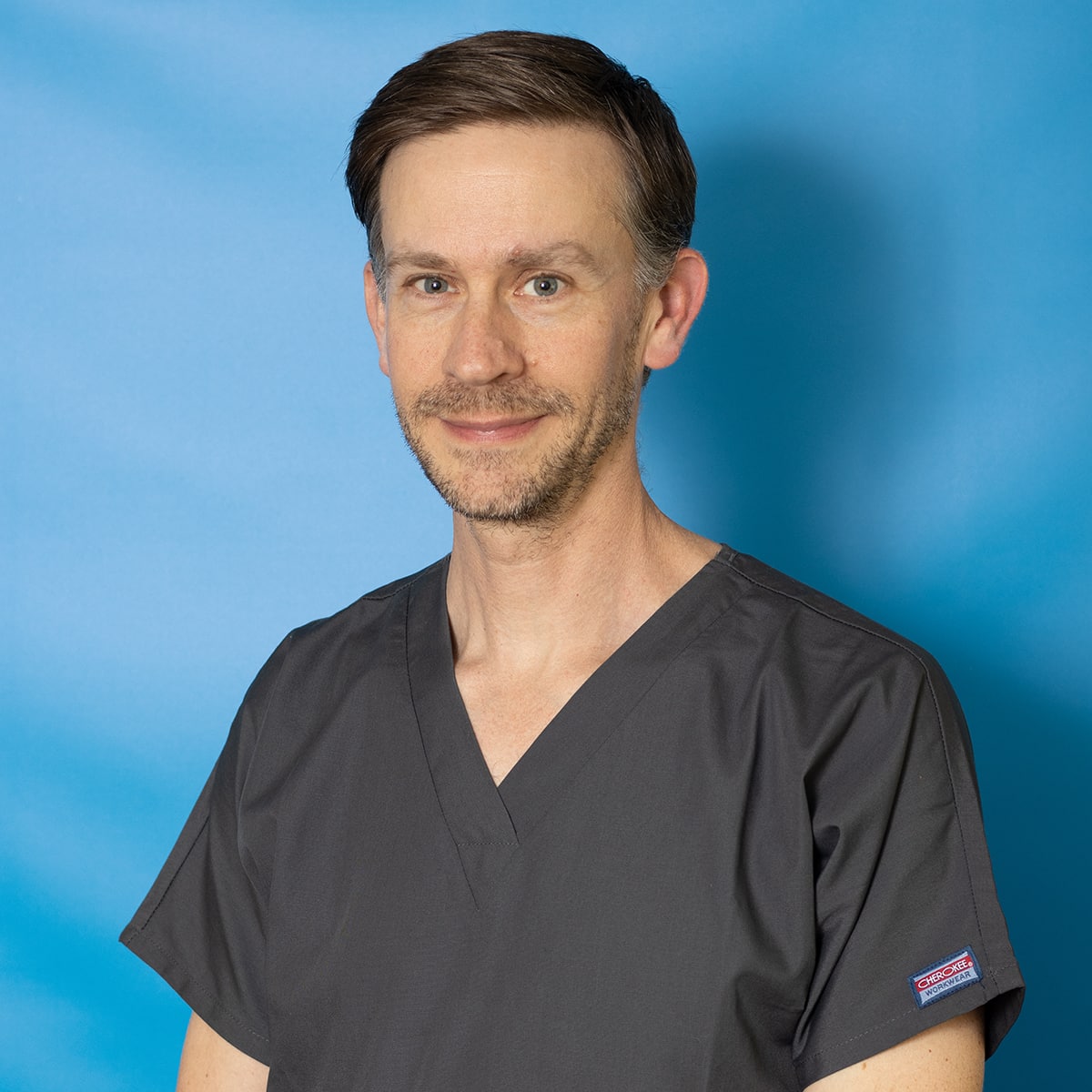
Nicolas Granger
Consultant in Neurology
Head of the Neurology Department
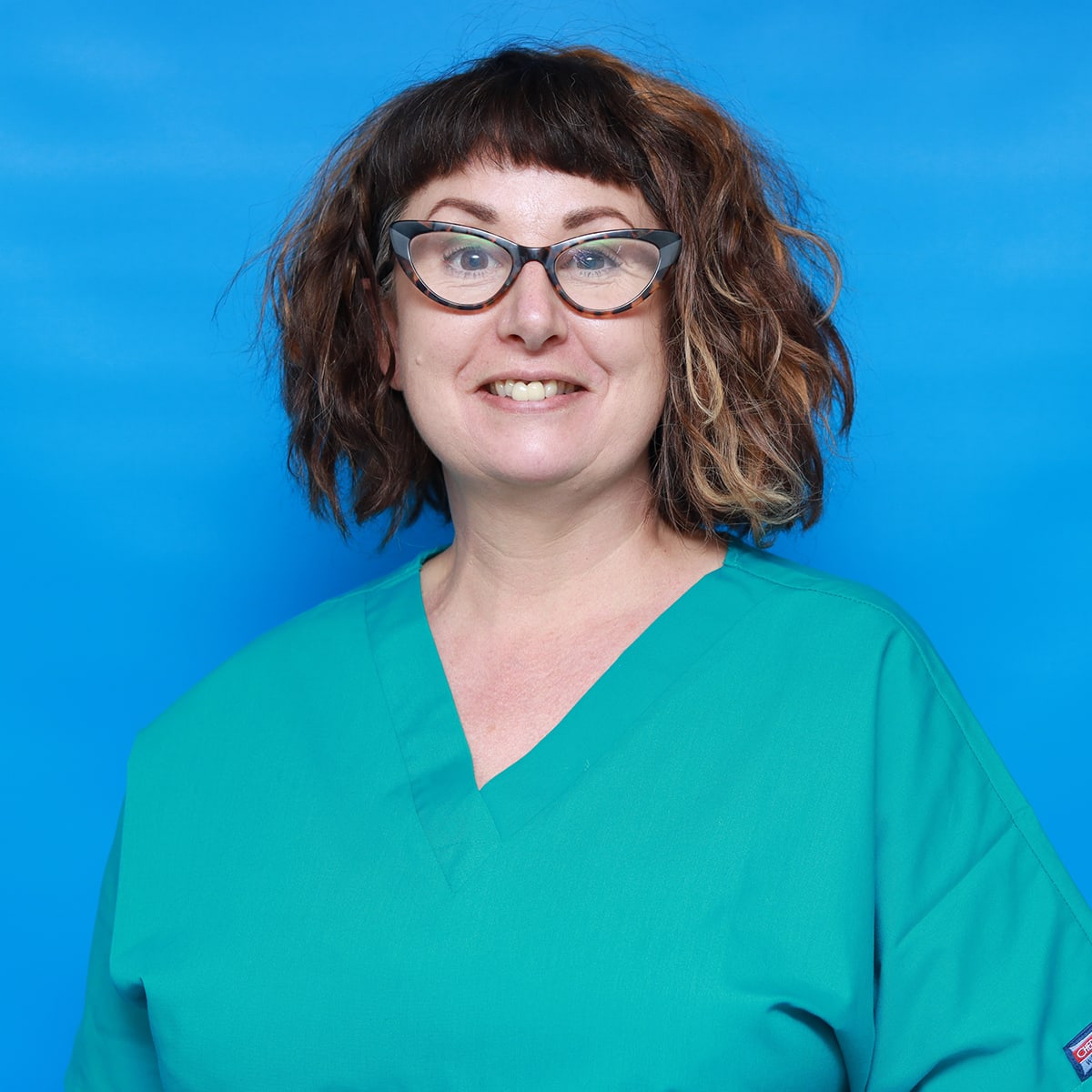
Natalie Rey
Neurology Nurse
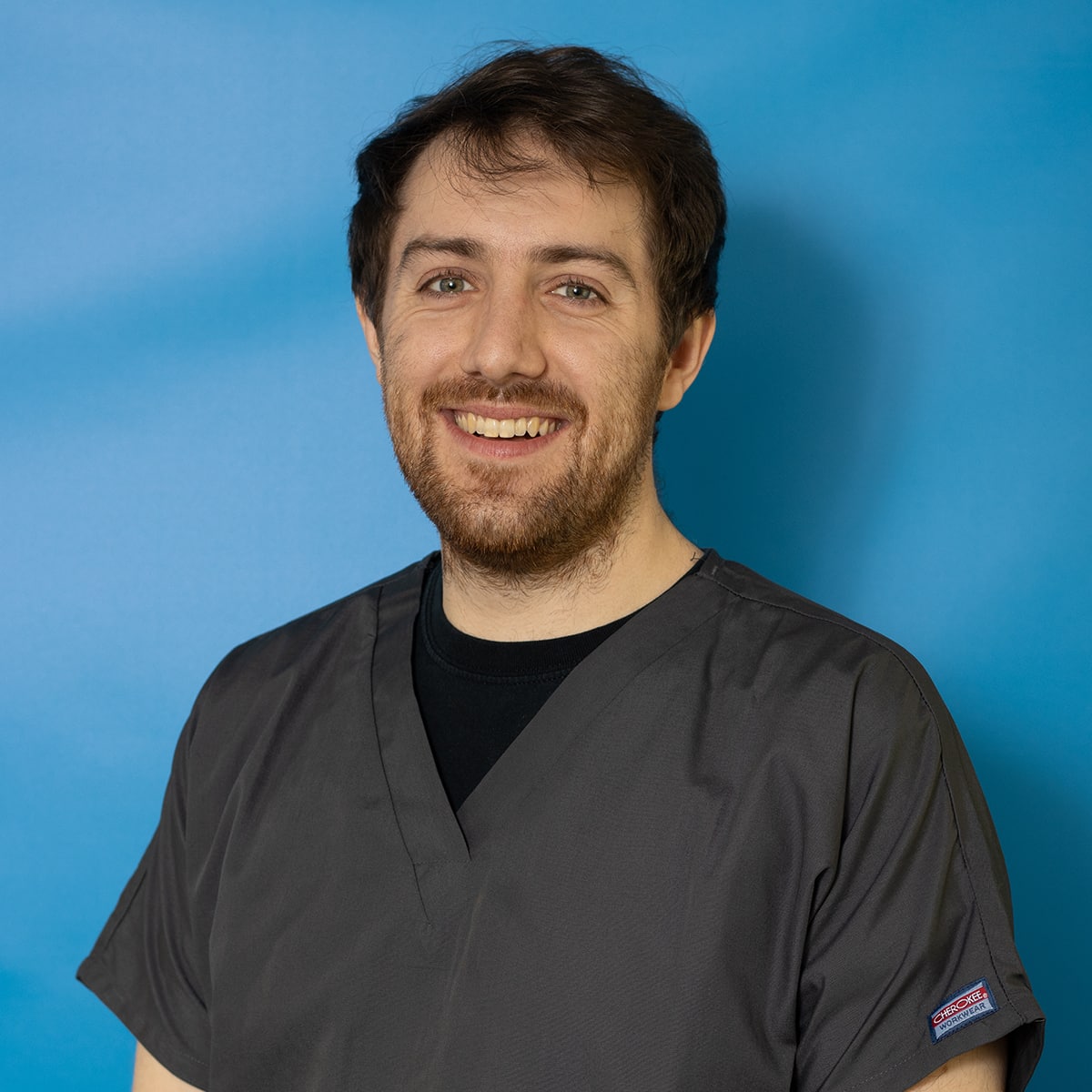
Jon Prager
Resident in Veterinary Neurology
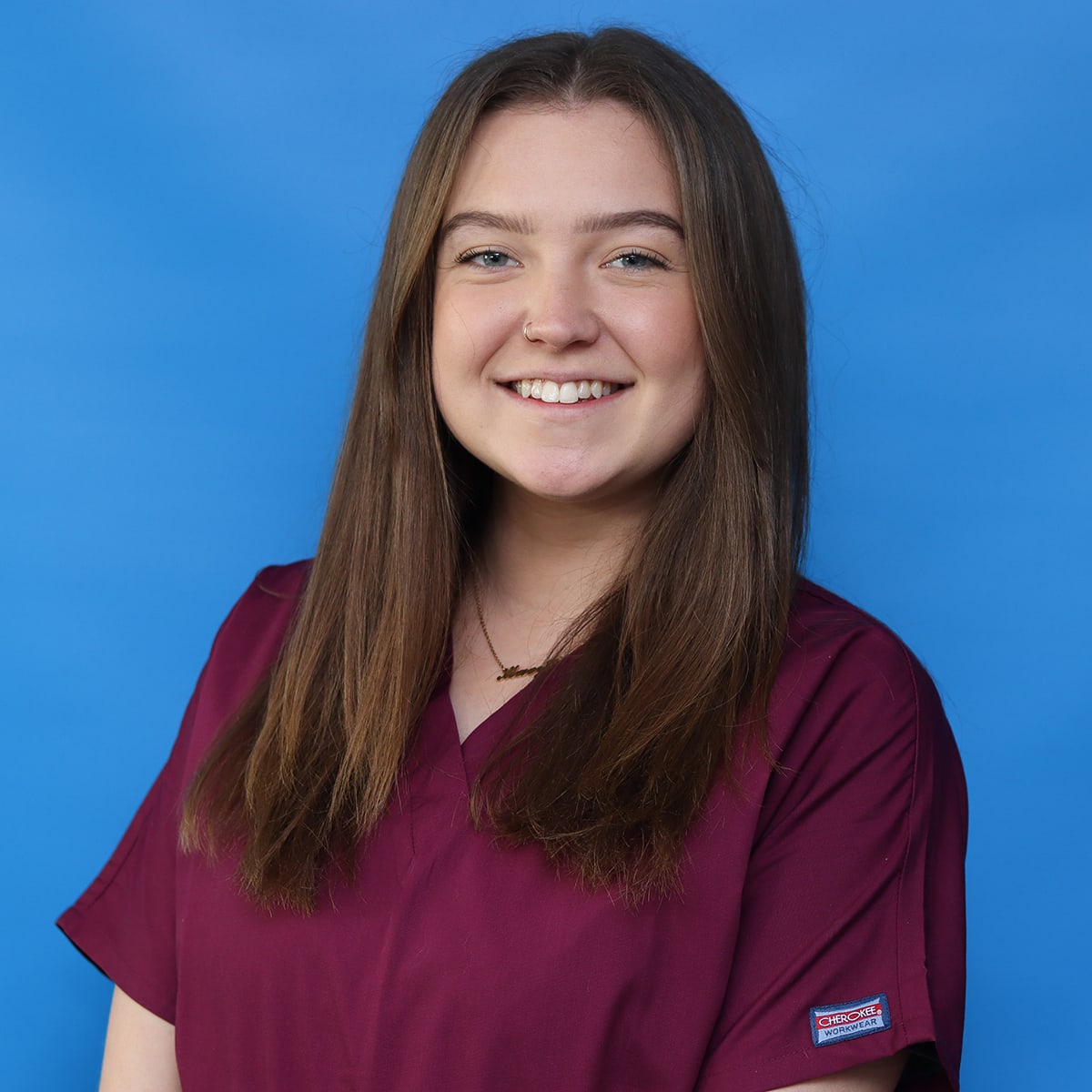
Macy Edwards
Orthopaedic and Neurology PCA
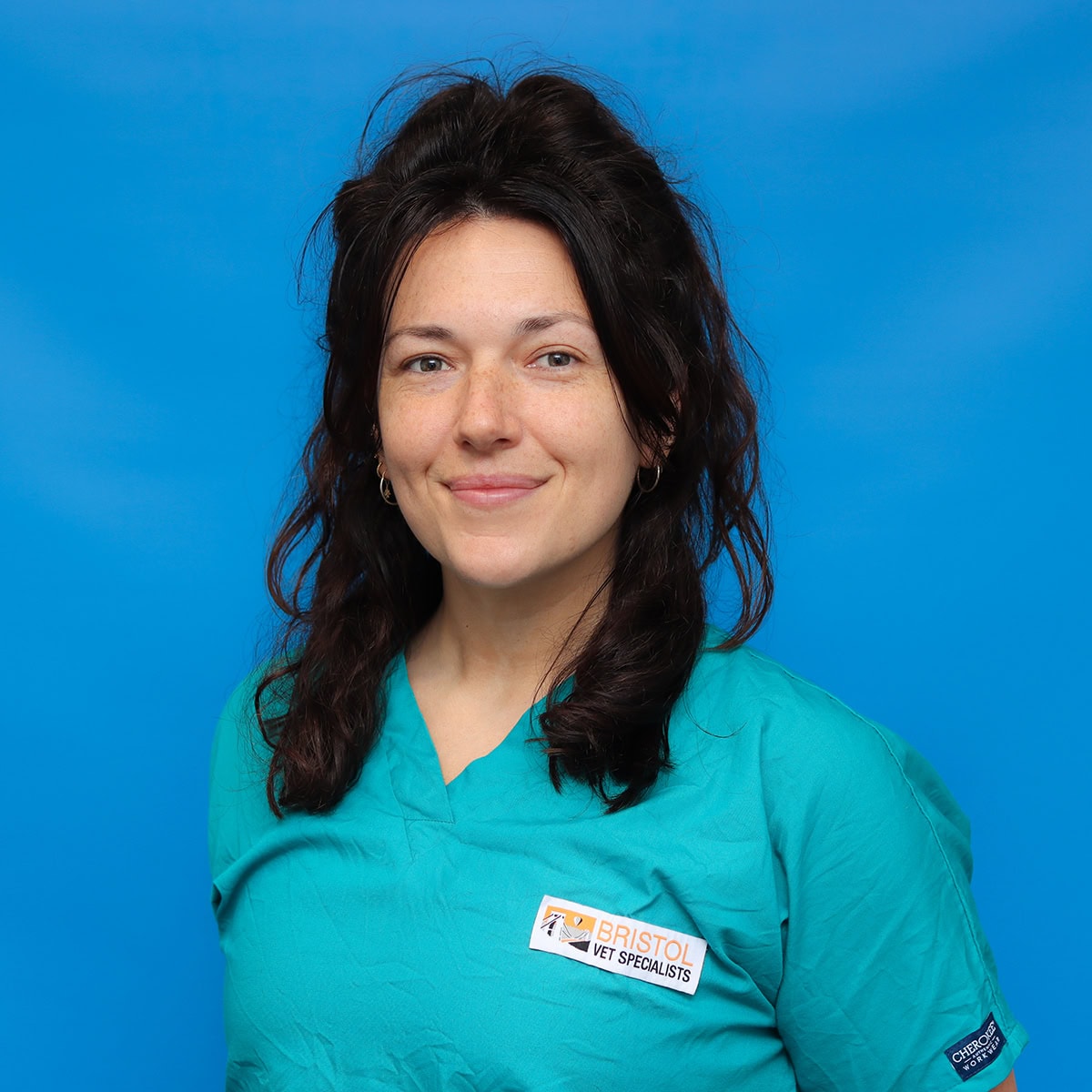
Molly Teague
Neurology Nurse
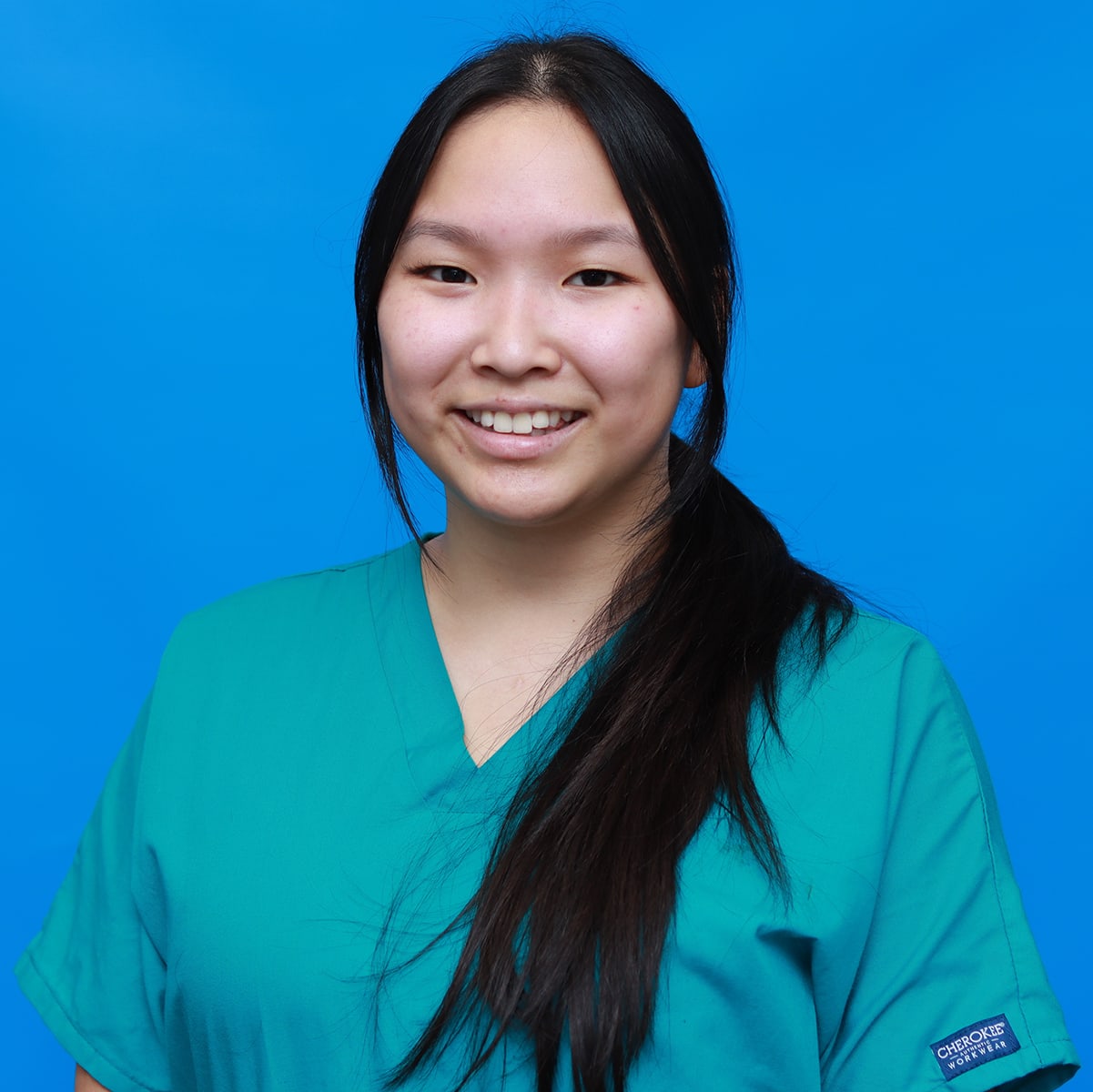
Talia Hope
Neurology Nurse
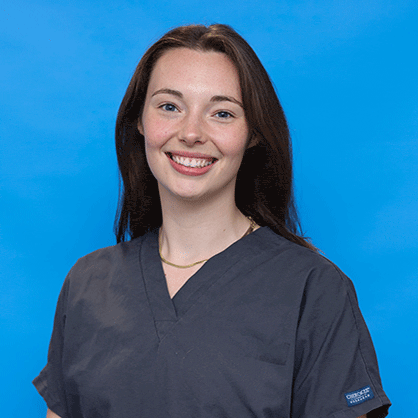
Aishling Lande
Resident in Neurology
Services we offer
Our team of Consultants provide top-quality care in anaesthesia & analgesia, cardiology, dentistry, dermatology, diagnostic imaging, emergency and critical care, internal medicine, neurology and neurosurgery, oncology (including radiotherapy), ophthalmology, orthopaedic and soft tissue surgery.
